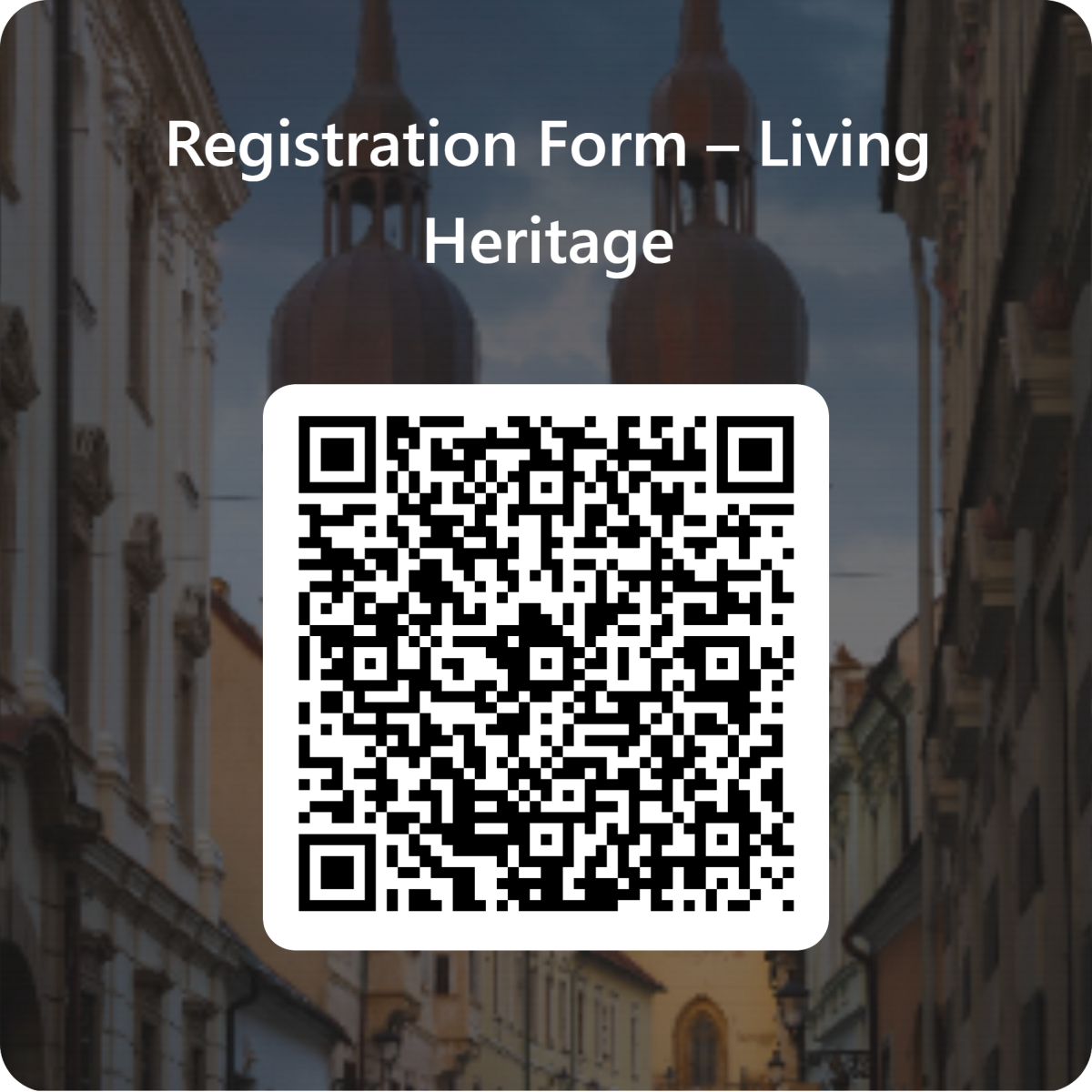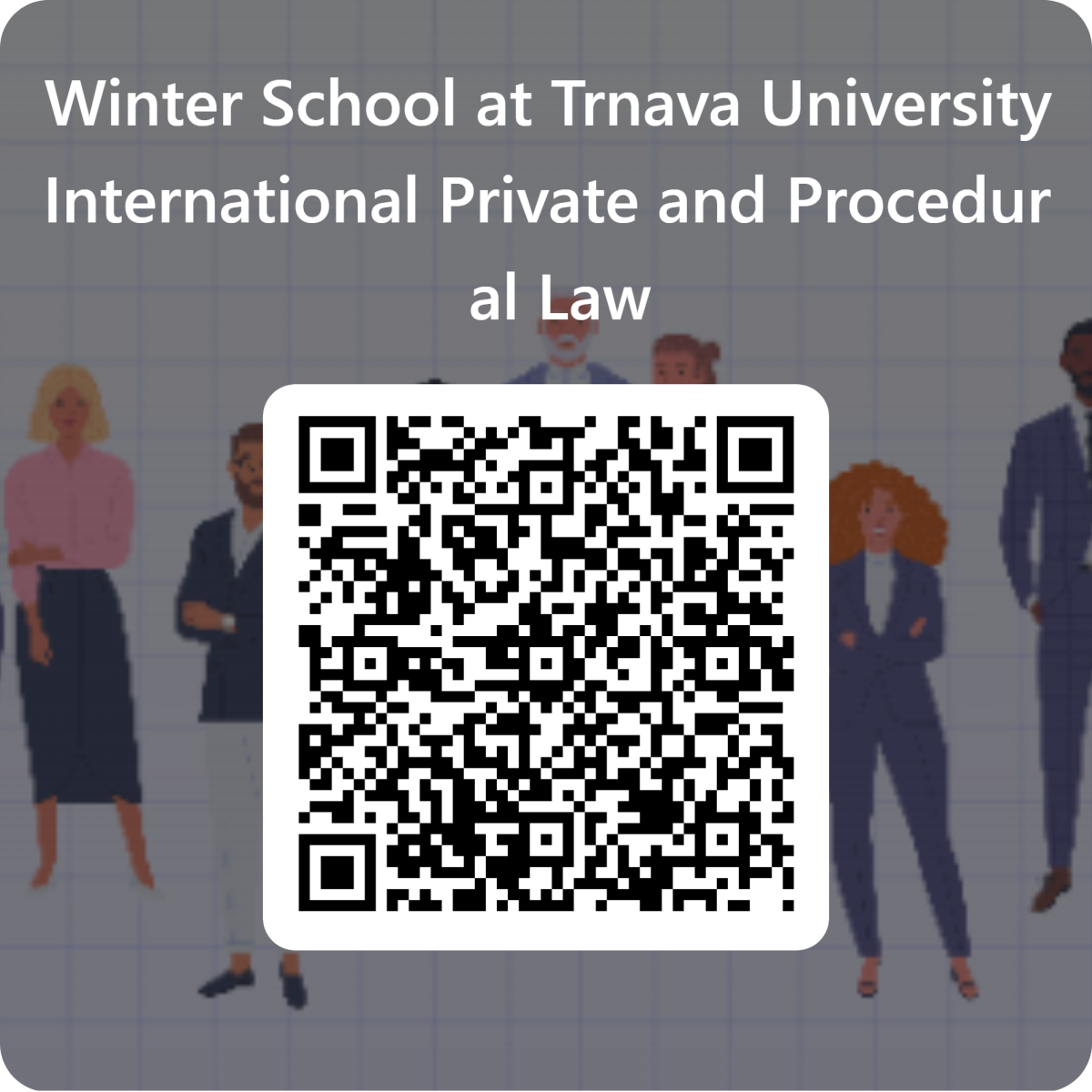Walking Seminar | October 13–19, 2025 | Trnava University, Hornopotočná 23, 91701 Trnava, Slovakia
Traces of the Roman Frontier
Join us for a week-long walking seminar exploring Slovakia’s Roman frontier. Discover UNESCO World Heritage sites, archaeological remains, and the evolving landscape of the former Roman border through guided site visits and expert-led discussions.
Participants will engage directly with key locations such as:
– Gerulata (Rusovce, Bratislava)
– Kelemantia (Iža)
– Archeopark Cífer-Pác
This seminar invites reflection on how ancient frontiers shaped the environment, local communities, and regional identity — and how these traces continue to resonate today.
📅 Registration deadline: September 15, 2025

Organized in the framework of the KreativEU Alliance – Knowledge & Creativity European University.
Networking Conference | 27–28 November 2025 | Trnava University, Hornopotočná 23, 91701 Trnava, Slovakia
Living Heritage: Knowledge, Identity, Practice
Heritage is a living and evolving force rooted in cultural identity, community-based practice, and transmission across generations. This international networking conference invites scholars, professionals, and cultural practitioners to reflect on how traditions are maintained, transformed, and experienced today.
🔍 Thematic Areas:
- Interdisciplinary Frontiers in Heritage Studies
- Bridging Tangible and Intangible Heritage
- Cultural Identity and Heritage Transmission
- Cultural Heritage Management
📅 Registration deadline: October 15, 2025

Organized in the framework of the KreativEU Alliance – Knowledge & Creativity European University.
BIP | online November 17 & 21, 2025, on site December 8-12, 2025 | Trnava University, Kollárova 10, 91701 Trnava, Slovakia
BIP Winter School of International Private and Procedural Law

📅 Registration deadline: October 15, 2025